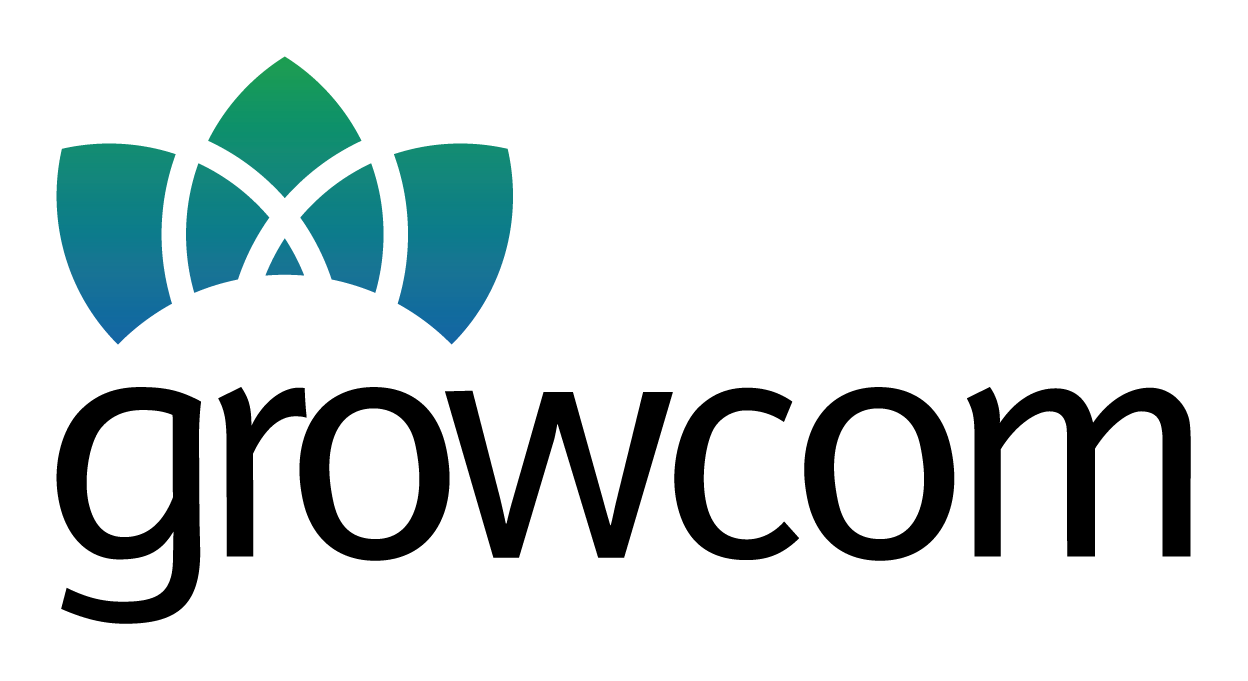Compost-based crop nutrition and soil regeneration system focus for NQ grower
North Queensland watermelon and vegetable growing enterprise, Black River Produce is a family-run business with patriarch Jon Caleo overseeing operations at the Black River property, north of Townsville while his son Anthony and wife Tomi oversee the Sellheim property located on the Burdekin River outside Charters Towers.
In March 2022, Anthony and Tomi attended a Composting in Agriculture Field Day in Bowen hosted by Queensland Fruit & Vegetable Growers (QFVG) under their programs and service delivery arm, Growcom.
Using compost in farming systems leads to a reduction in the amount of synthetic nutrient fertilisers applied on-farm which in turn improves water quality entering sensitive waterways like the Great Barrier Reef. It also increases soil microbial activity boosting soil health.
With increasing costs of chemical fertilisers many growers are seeing composting as an essential component to rein in production costs and protect their soil assets.
Following their attendance at the 2022 Field Day, the Caleos have invested heavily in transitioning their Sellheim property to a compost-based crop nutrition and soil regeneration system.
Under the transition, 15,000 cubic meters per year of compost will be brought into their production systems to improve water holding capabilities as well as improve crop nutrition and soil health programs. The compost program will also be supported by continued extensive green manure cropping during fallow periods.
Wanting to also make a shift in attitude to other farming systems, Anthony has also recently completed a comprehensive policy document for the business detailing how they would manage soil, water, fertiliser, and pesticides.
The Sellheim property transition will be the focus of a new three-year practice change case study being developed under Growcom’s Hort360 Great Barrier Reef (Hort360 GBR) program.
The Hort360 GBR program sets out to promote and support horticulture best management practices, across Great Barrier Reef catchments, to deliver environmental sustainability and water quality outcomes relating to the reduction in nutrient, sediment and pesticides loads from horticultural production areas whilst ensuring profitable outcomes.
Black River Produce has also recently achieved Reef Certification, a key component of the Hort360 GBR program enabling the Caleos to be recognised as best practice custodians of land in Reef catchments.
Reef Certification is a third-party audit process designed specifically for the industry to demonstrate voluntary stewardship towards the Great Barrier Reef.
Bowen is a key producer of Australia’s winter vegetables in rotation with melon production. The region has an estimated farm gate value of $605 million annually. Currently 4,500 hectares or nearly one third of land in the region under horticultural production is Reef Certified.
The Hort360 Great Barrier Reef program is funded through the Queensland Government’s Reef Water Quality Program.
